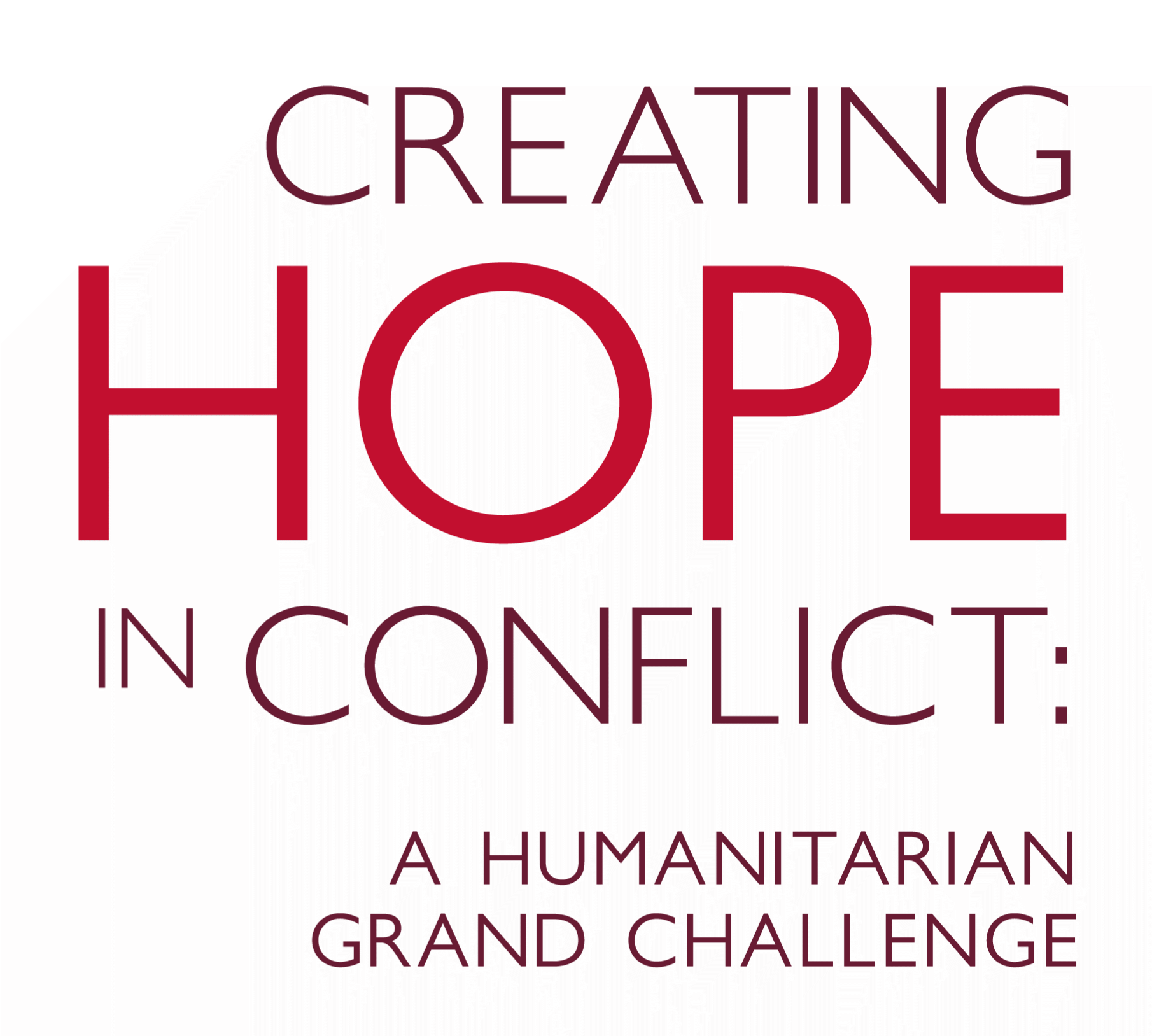 In places where access to accurate news is limited, whispers spread like wildfire. Misinformation, disinformation, and hate speech—collectively known as MDH—can tear apart communities and obstruct critical aid. In fragile environments where trust is scarce, MDH can turn fear into violence and falsehoods into fatal decisions.
In places where access to accurate news is limited, whispers spread like wildfire. Misinformation, disinformation, and hate speech—collectively known as MDH—can tear apart communities and obstruct critical aid. In fragile environments where trust is scarce, MDH can turn fear into violence and falsehoods into fatal decisions.
Since 2019, Creating Hope in Conflict (CHIC) has invested in bold ideas that facilitate access to life-saving information and data in conflict settings, to increase the impact of humanitarian assistance at local levels as well as to enable more effective communication between affected populations and humanitarian actors.
Within its lifesaving information portfolio, CHIC has funded a small number of innovations working specifically to tackle misinformation, disinformation and/or hate speech (MDH).
In 2024, CHIC worked closely with humanitarian practitioner and MDH researcher, Anahi Ayala Iacucci, to better understand the complexities of MDH in conflict settings within a rapidly changing information ecosystem, and ways forward for humanitarian actors and donors to proactively address MDH. Drawing from the lessons of innovators working across the humanitarian sector, this scoping work highlighted the need for strategic sectoral shifts that:
- Prioritize local ownership and community-led response
- Foster capacity building for robust impact evaluation frameworks, to track effectiveness and adapt MDH responses
- Dedicated funding and resources to MDH that emphasize cross-sectoral collaboration – across civil society, tech companies, governments and humanitarian organizations
Here, we’re spotlighting The Sentinel Project, a CHIC-supported innovator tackling MDH. Their story is just one example that highlights how locally-led responses to MDH can be self-sustaining, adaptable, and deeply impactful in their communities.
The Sentinel Project: Local Knowledge and Technology to Stop Misinformation
The Sentinel Project has created the platform WikiRumours, an open-source, community-based platform that enables community-led verification of rumours and misinformation. Funded by GCC from 2020-2022, the platform has grown to a network with more than 27,000 subscribers in the Democratic Republic of Congo (DRC) and South Sudan.
WikiRumours is built on a powerful idea: combining local insight with smart technology to stop the spread of misinformation and help protect communities. In countries like South Sudan and the DRC, the Sentinel Project has put this concept into action by using the WikiRumours platform to crowdsource reports of rumours directly from the public. These reports are then verified by trained local moderators, ensuring accurate and timely information.

Between 2020 and 2022, the Sentinel Project reached over 2 million people through WikiRumours. During this time, subscribers submitted more than 2,900 unique rumours, which generated over 4,400 responses—including sightings, confirmations, and denials from moderators, helping to prevent false alarms that could have otherwise triggered fear, panic, or even displacement.
To extend the reach and impact of verified information, the Sentinel Project has also partnered with local radio stations, NGOs, and media outlets to amplify verified content and fight against misinformation.
With proven impact and an upcoming feature in the IFRC’s 2025 World Disasters Report, the Sentinel Project demonstrates that true innovation in MDH depends on systems built around people, trust, and adaptability. WikiRumours is a clear example of what’s possible when communities lead, and funders are willing to listen.
Read the full case study report on The Sentinel Project here.

